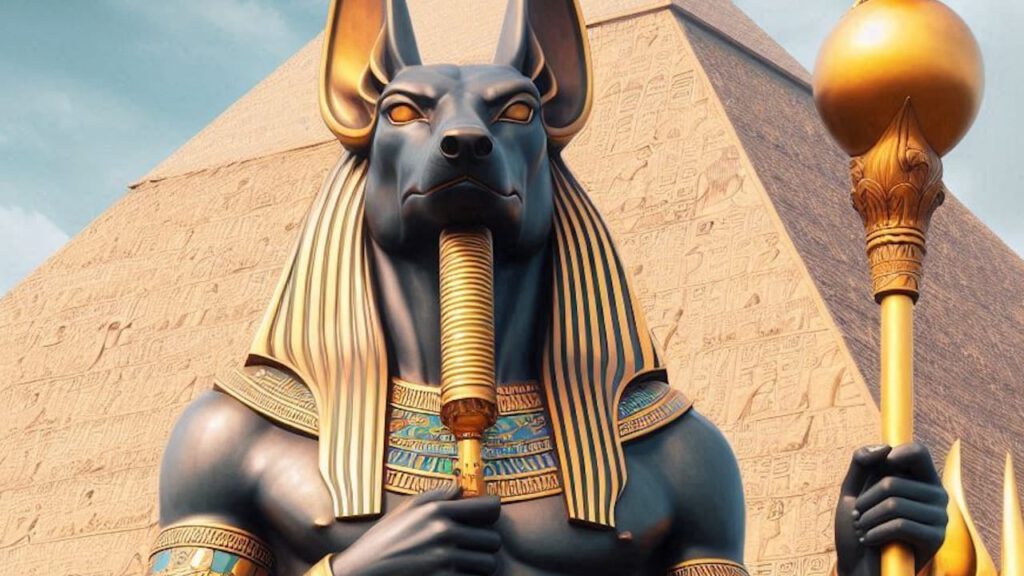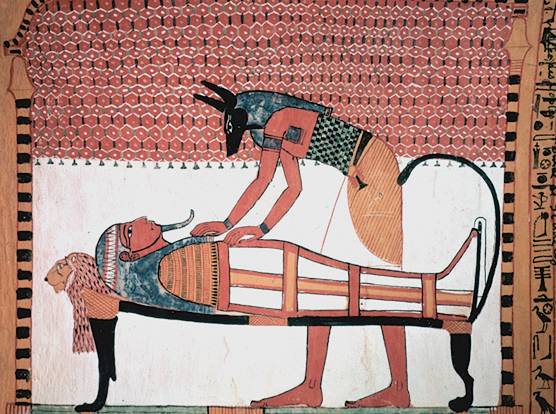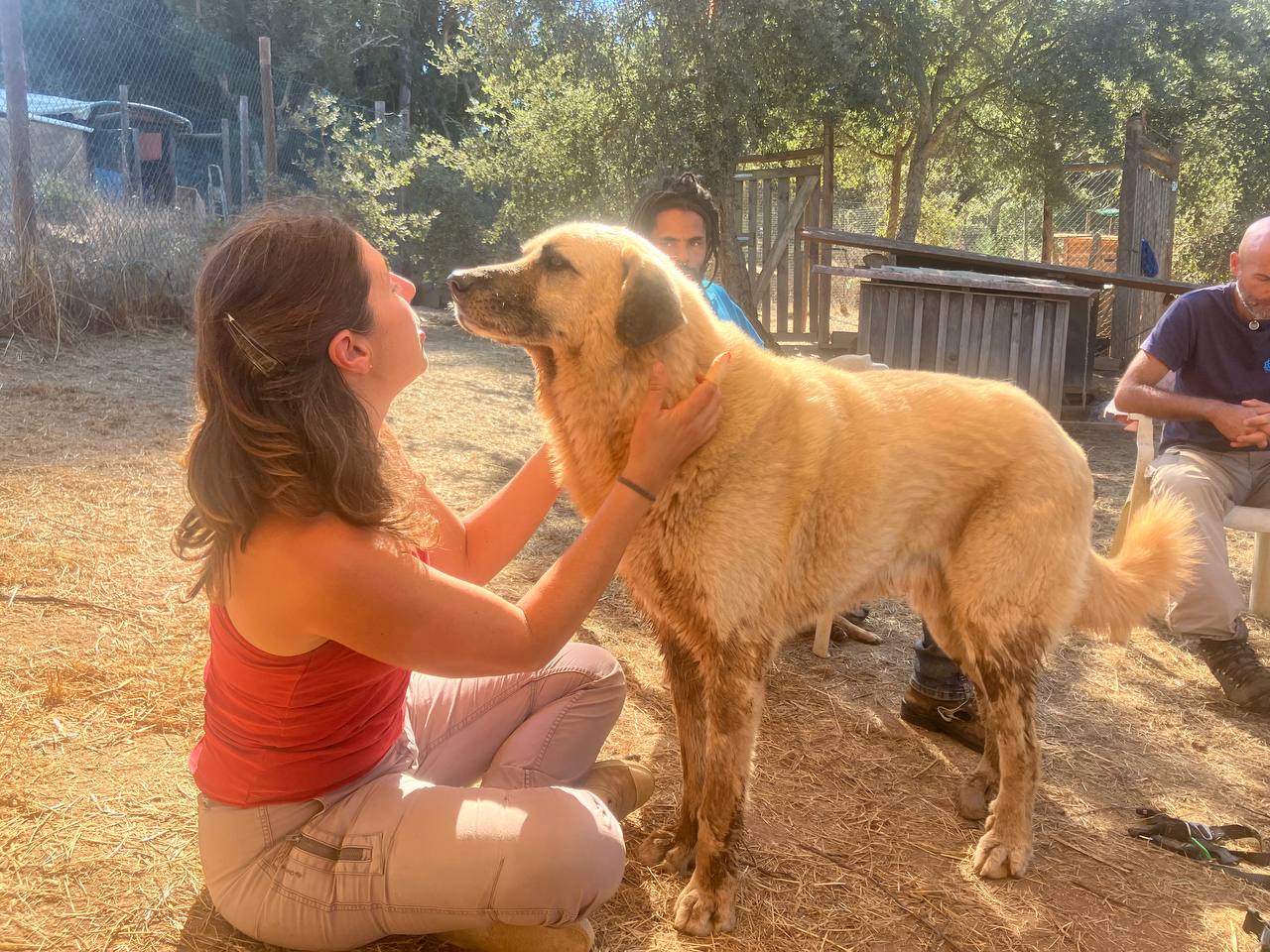
Dogs have spiritual significance in many cultures, often seen as protectors, guides, or sacred beings linked to the divine. Their intuition has led many to attribute supernatural qualities to them, making dogs powerful agents in mythology. Dogs were believed to be a bridge to the afterlife. In ancient Egypt, for example, dogs were associated with the god Anubis and were mummified alongside humans. Similarly, in Mesoamerican cultures like the Maya and Aztecs, dogs were seen as guides for souls on their journey to the underworld.
In Zoroastrianism, dogs were viewed as protectors of the family, with rituals ensuring their care. Hinduism also honors dogs, associating them with the deity Bhairava, who symbolizes protection and vigilance. In Nepal, dogs are celebrated during the festival of Tihar as protectors. In Greek mythology, Cerberus, the three-headed dog, guarded the gates of the underworld, while Celtic cultures revered dogs as symbols of healing, often depicting them alongside warriors and gods. Native American tribes, too, regarded dogs as spiritual helpers, believed to bridge the gap between the earthly and spiritual realms.

Many cultures of the world emphasize dogs’ roles as protectors, guides, and spiritual companions.
Listen to what the great teacher Eckhart Tolle shares about the beautiful spiritual gifts of dogs.

